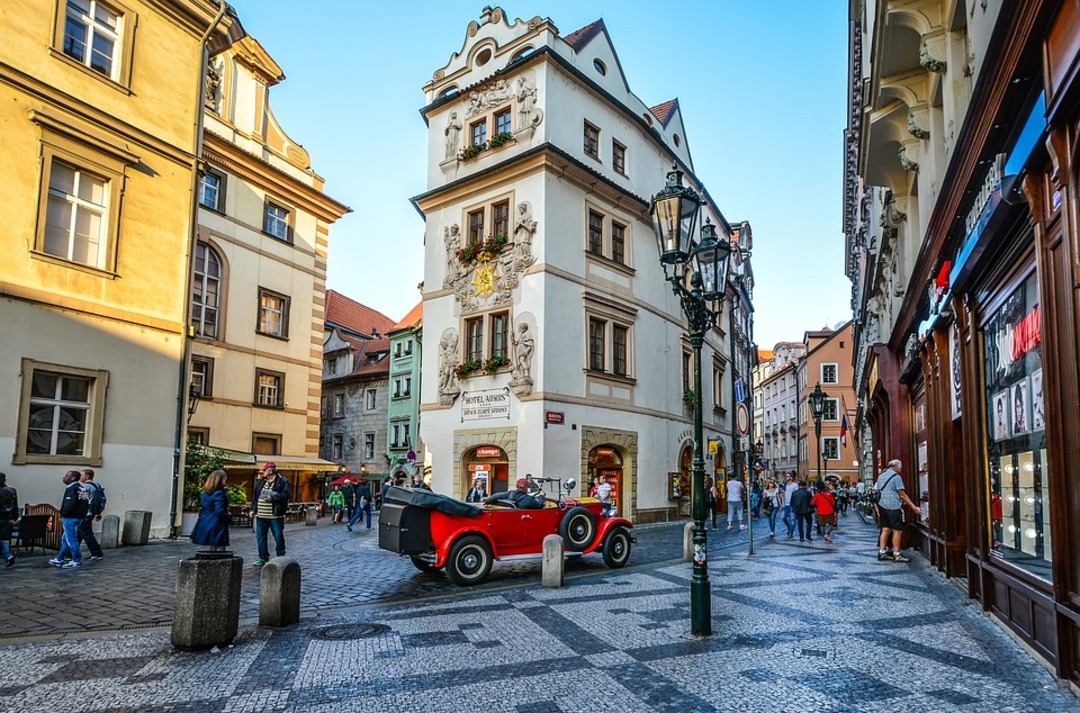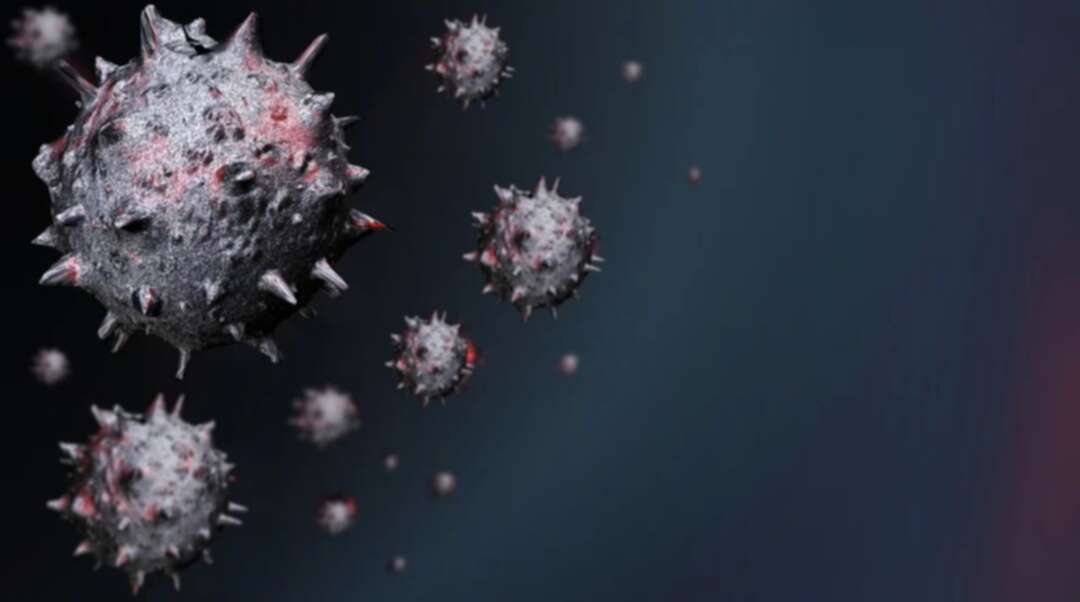-
Czech Republic will end Covid passes and easing measures for unvaccinated

The US News reported, according to Reuters, Prime Minister Petr Fiala said, the Czech Republic will stop requiring COVID passes for entry to restaurants and other service or entertainment venues starting next week, opening them up to unvaccinated people.
The country of 10.7 million, which was hit hard by previous waves of the COVID pandemic, is seeing a record spike in coronavirus cases as the Omicron variant spreads. However, officials expect an easing of infections this month.
The Health Ministry reported a record daily tally of 57,226 COVID infections on Tuesday, plus nearly 10,000 suspected re-infections. On Wednesday, a further 43,307 cases were reported and more than 7,000 re-infections on top of that.
But hospitalisations have not yet jumped and are well below peaks in previous waves of the pandemic. The government has sought to end some measures.

From Feb. 9, the need to show proof of vaccination or being recently recovered from COVID-19 to enter restaurants and other hospitality or service venues will end, Fiala said in a statement late Wednesday evening.
The government will also finish mandatory testing in firms and schools from Feb. 18.
Czech Republic’s COVID-19 death toll surpasses 25,000, doubling in 2021
Measures requiring mask wearing indoors and limits to the number of people at public events will remain.
The moves follow easing planned in other European countries. Neighbouring Austria will allow shops and restaurants to remain open longer and also ease restrictions on the unvaccinated from next week.
Czech senate votes on women non-gendered surnames
On Wednesday, Italian Prime Minister Mario Draghi said Italy would soon announce a timetable to roll back its COVID-19 curbs.
Source: usnews
You May Also Like
Popular Posts
Caricature
BENEFIT Sponsors BuildHer...
- April 23, 2025
BENEFIT, the Kingdom’s innovator and leading company in Fintech and electronic financial transactions service, has sponsored the BuildHer CityHack 2025 Hackathon, a two-day event spearheaded by the College of Engineering and Technology at the Royal University for Women (RUW).
Aimed at secondary school students, the event brought together a distinguished group of academic professionals and technology experts to mentor and inspire young participants.
More than 100 high school students from across the Kingdom of Bahrain took part in the hackathon, which featured an intensive programme of training workshops and hands-on sessions. These activities were tailored to enhance participants’ critical thinking, collaborative problem-solving, and team-building capabilities, while also encouraging the development of practical and sustainable solutions to contemporary challenges using modern technological tools.
BENEFIT’s Chief Executive Mr. Abdulwahed AlJanahi, commented: “Our support for this educational hackathon reflects our long-term strategic vision to nurture the talents of emerging national youth and empower the next generation of accomplished female leaders in technology. By fostering creativity and innovation, we aim to contribute meaningfully to Bahrain’s comprehensive development goals and align with the aspirations outlined in the Kingdom’s Vision 2030—an ambition in which BENEFIT plays a central role.”
Professor Riyadh Yousif Hamzah, President of the Royal University for Women, commented: “This initiative reflects our commitment to advancing women in STEM fields. We're cultivating a generation of creative, solution-driven female leaders who will drive national development. Our partnership with BENEFIT exemplifies the powerful synergy between academia and private sector in supporting educational innovation.”
Hanan Abdulla Hasan, Senior Manager, PR & Communication at BENEFIT, said: “We are honoured to collaborate with RUW in supporting this remarkable technology-focused event. It highlights our commitment to social responsibility, and our ongoing efforts to enhance the digital and innovation capabilities of young Bahraini women and foster their ability to harness technological tools in the service of a smarter, more sustainable future.”
For his part, Dr. Humam ElAgha, Acting Dean of the College of Engineering and Technology at the University, said: “BuildHer CityHack 2025 embodies our hands-on approach to education. By tackling real-world problems through creative thinking and sustainable solutions, we're preparing women to thrive in the knowledge economy – a cornerstone of the University's vision.”
opinion
Report
ads
Newsletter
Subscribe to our mailing list to get the new updates!





















